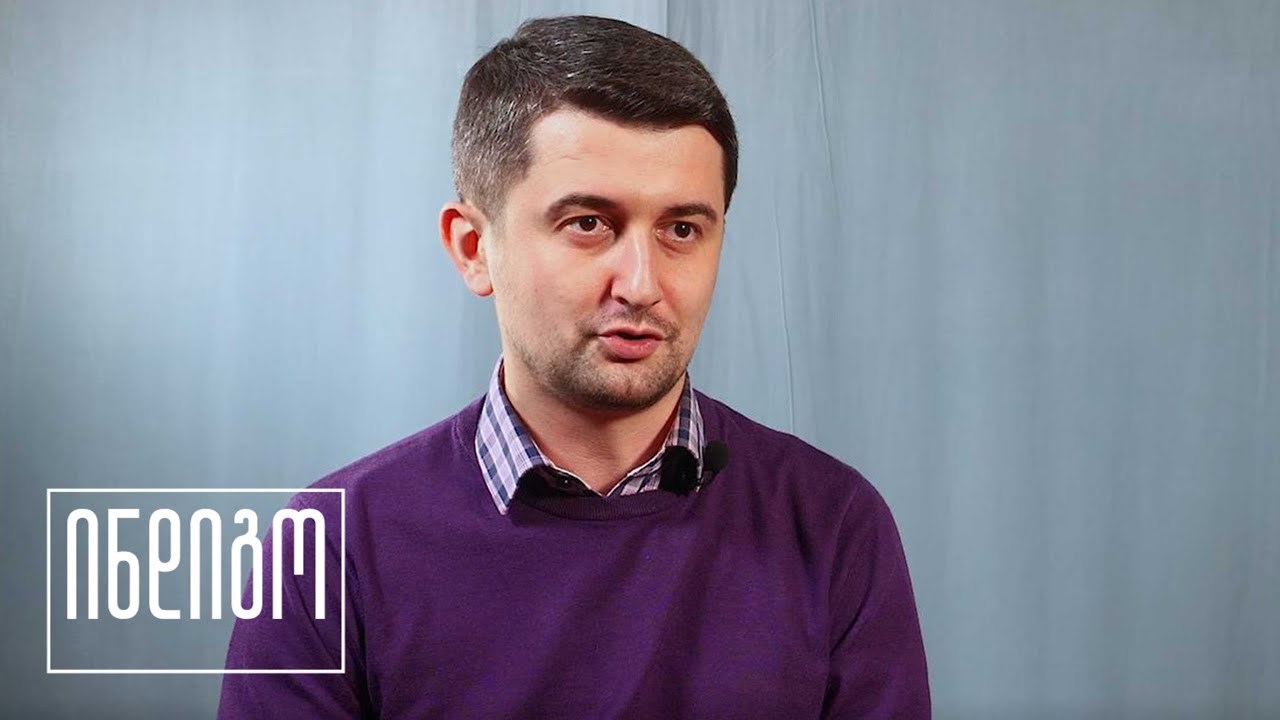
Toc.ge - Database on Georgian Orthodox Church
08.02.2022"The database is very important for scientific community for number of reasons. First of all it has an unique access to the Georgian churches to the special dimension of Georgian nation hold in a way and created unique database, which allows scholars to see different cause of relationship between the years churches were built and different social-political processes.
Researchers can track down the processes associated with certain events and then see the narratives of Church over there. For example, we use epistles of patriarch Ilia II the head of the Georgian Orthodox Church over the most important themes, which are used throughout his entire enthronement. So, scholars interested in the official discourse of the church can outline some of the most important themes and then see what was the Church’s vision on territoriality, over nationhood, over economy etc. With looking at the narratives we can see the bigger picture what kind of geopolitical story was out there and how the Church reflected on that geopolitical stories. So, I think it is great also for policy makers and for those people who are interested in development aid and other commitments to Georgian democracy.
Also we can track down the geographical data, which is a very significant part of the deal. An yet again open science is what European consortium is all about so this collaborated effort between St. Gallen and Indigo has a tremendous issue not just only for the scholarly community, but also for the wider audience, because wider audience can see the years under which churches were built, whether they are used or not and what is the again kind of Geo special relationship between on the one hand churches and on the other hand special dimension of Georgian nationhood.
I think journalists are very important part of the deal because as we know our political system as well as media discourses are very polarize and actually it’s deficit of the database journalism. This map gives us a chance to have a data which is reliable, which is as we call in sociology it is triangulated on number of methods which we used to get to the final data so the data is reliable and it will definitely impact how journalists will portray facts. The journalism will be based not so much on the feelings, sentiments but evidence, which actually journalism is all about."



